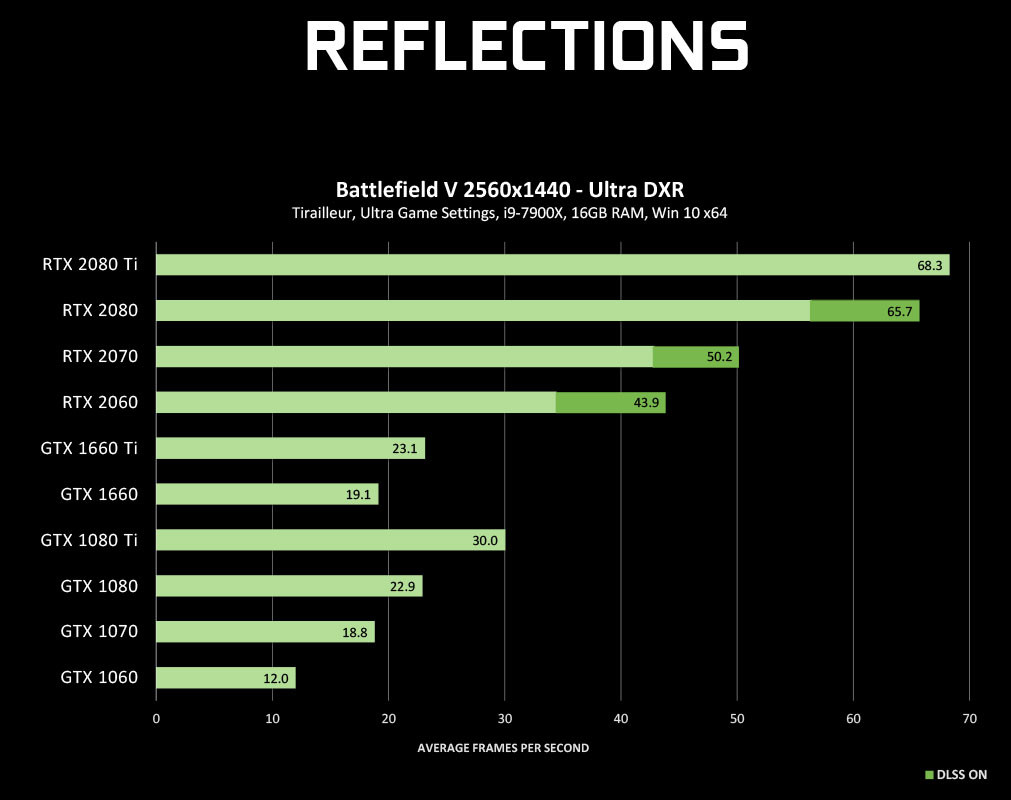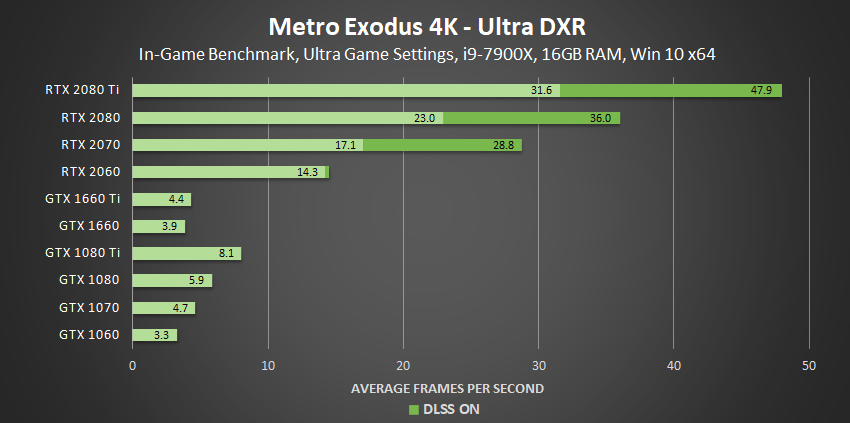Just a quick thought, why are CPU's only double threaded, why not 3 or 4 threads?
Dual threaded per core on average provides a performance boost of about 10% when the cpu is fully loaded, its not very efficient. The affects of SMT/HTT in cinebench is far from reality from most software. Encoding is almost the only workload that gets anything decent from it.
I expect potential gains from adding 3rd or more threads to a cpu core would be near zero.



 It doesn't have to be like this, why do you do this nVidia?
It doesn't have to be like this, why do you do this nVidia?

